Do Skin Whitening Creams/Soaps really work?
Skin whitening has been a controversial topic for many years, with many people believing that lighter skin is more desirable and associated with beauty and success. This has led to the proliferation of skin whitening creams and soaps, which claim to lighten the skin tone and reduce the appearance of dark spots and blemishes. However, the effectiveness and safety of these products have been called into question, with some experts warning against their use.
So, do skin whitening creams/soaps really work? The short answer is yes, but with caveats. Most skin whitening products contain ingredients such as hydroquinone, kojic acid, and arbutin, which work by inhibiting the production of melanin, the pigment that gives our skin its color. By reducing the amount of melanin in the skin, these ingredients can lighten the skin tone and reduce the appearance of dark spots and blemishes.
However, the effectiveness of these ingredients varies widely depending on the concentration and formulation of the product, as well as individual skin type and other factors such as sun exposure and genetics. In some cases, these products may not work at all, or may even cause adverse effects such as skin irritation, redness, and increased sensitivity to sunlight.
Here are top 5 list of Skin Whitening Creams/Soaps, please check below:-
2. Active White L Glutathione Skin Whitening Cream
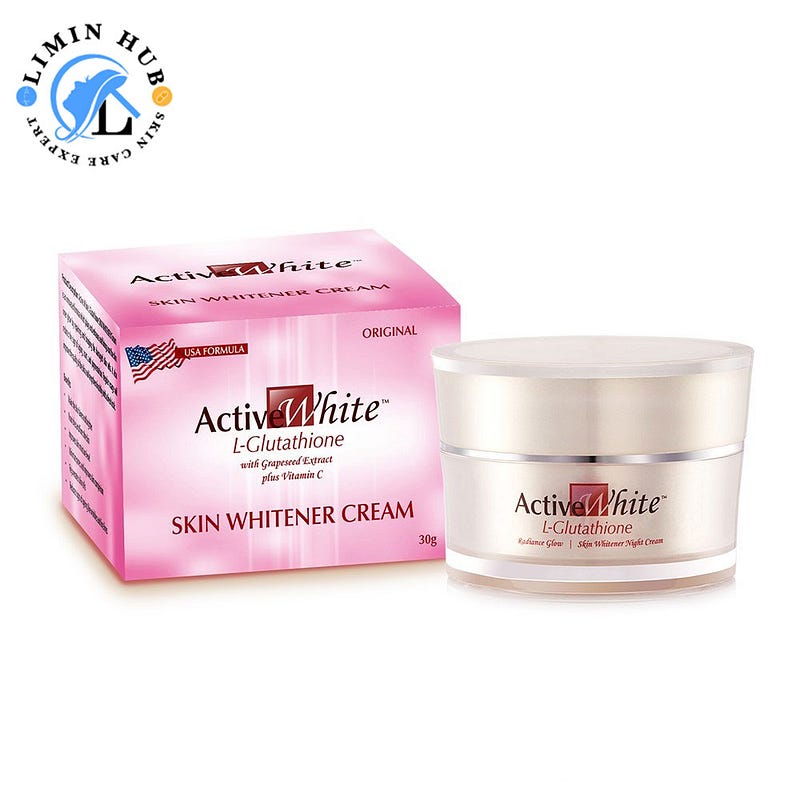
Visit: https://liminhub.com/product/active-white-l-glutathione-skin-whitening-cream/
4.Dr James Glutathione Cream Advanced Skin Whitening Formula
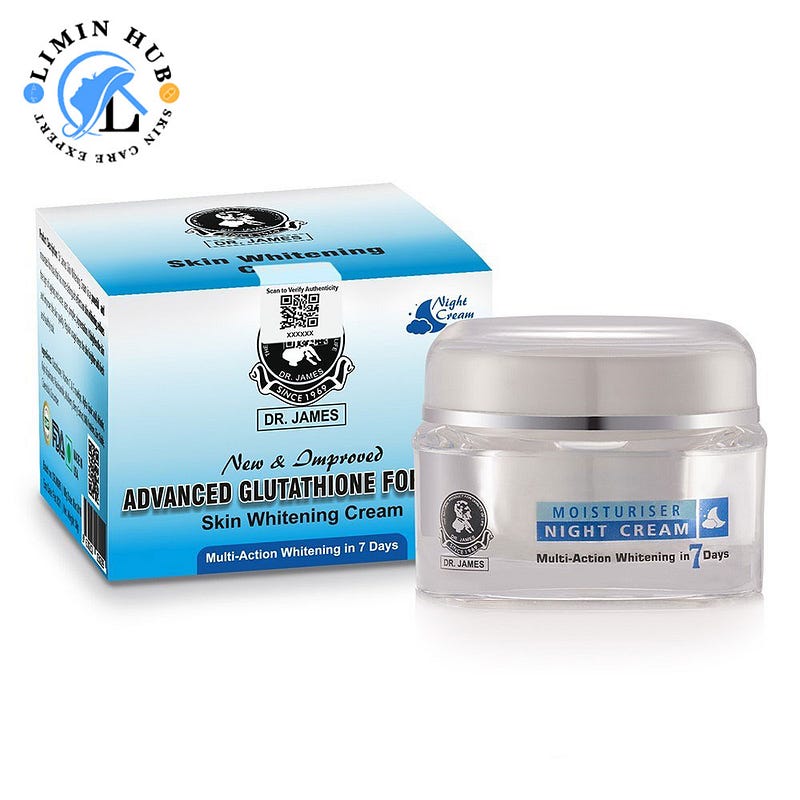
Visit: https://liminhub.com/product/dr-james-glutathione-cream-advanced-skin-whitening-formula/
5. Fair N Pink Skin Whitening Cream
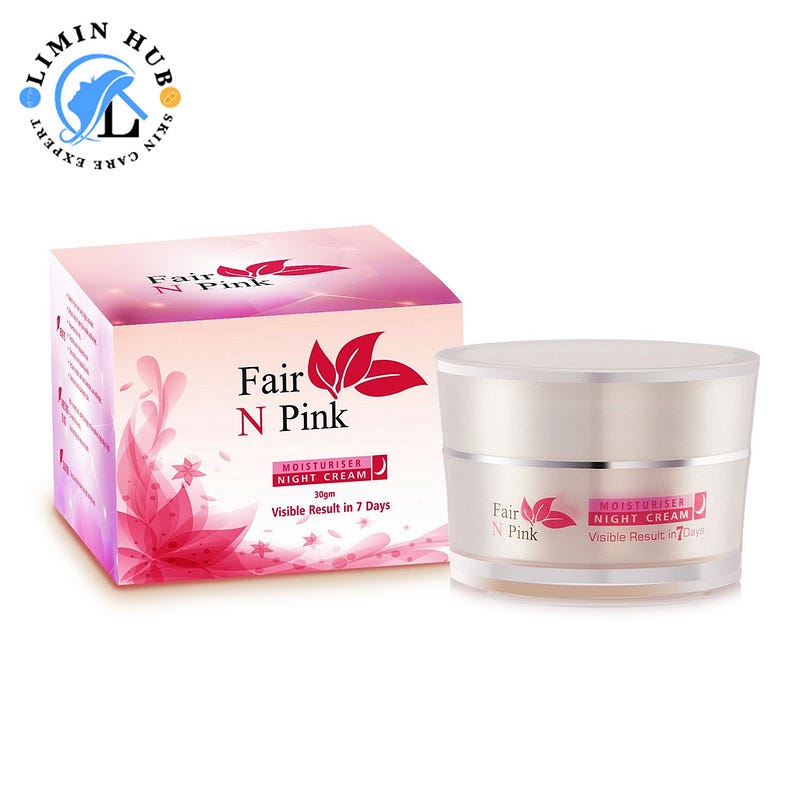
Visit: https://liminhub.com/product/fair-n-pink-skin-whitening-cream/
Moreover, the long-term safety of these ingredients has been called into question, with some studies suggesting that they may increase the risk of skin cancer and other health problems. In particular, hydroquinone has been banned in some countries due to its potential carcinogenic effects, while other ingredients such as mercury and corticosteroids have been found in some skin whitening products and are known to cause serious health problems.
Given these concerns, it is important to approach skin whitening products with caution and to use them only under the guidance of a dermatologist or other qualified healthcare professional. In general, it is advisable to avoid products that contain hydroquinone or other potentially harmful ingredients, and to opt for natural alternatives such as vitamin C, licorice extract, and niacinamide, which have been shown to have skin brightening effects without the risk of side effects.
In conclusion, while skin whitening creams and soaps can be effective in lightening the skin tone and reducing the appearance of dark spots and blemishes, their safety and long-term effectiveness remain a subject of debate. To protect your skin and avoid potential health risks, it is important to use these products judiciously and to opt for natural alternatives whenever possible. Ultimately, the key to healthy, beautiful skin is to embrace your natural complexion and to focus on nourishing and protecting your skin from the inside out.
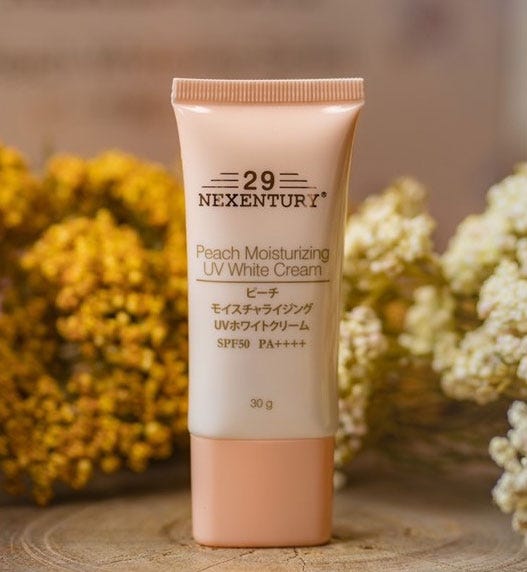
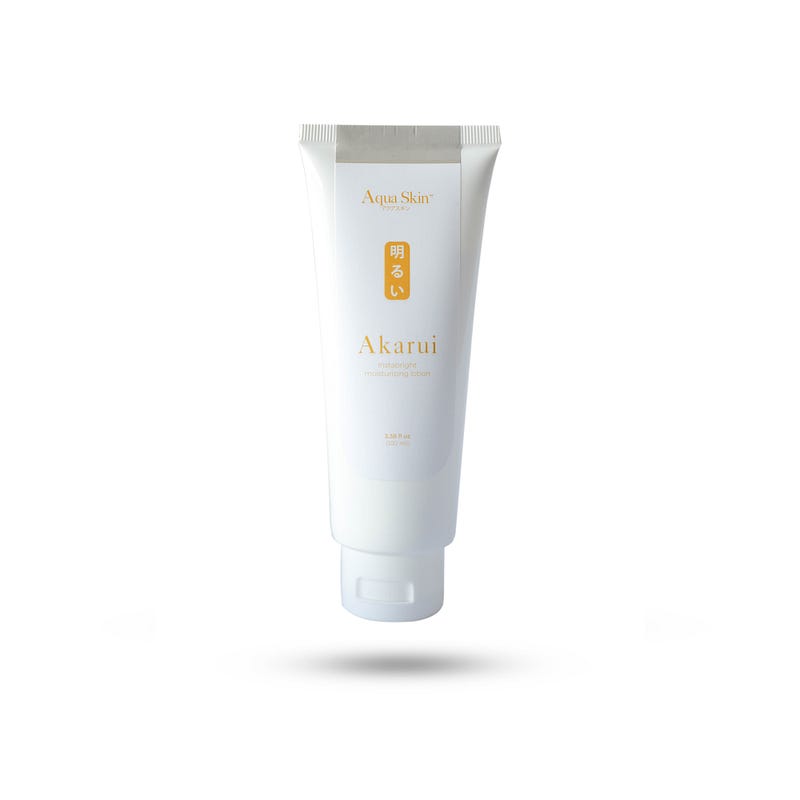
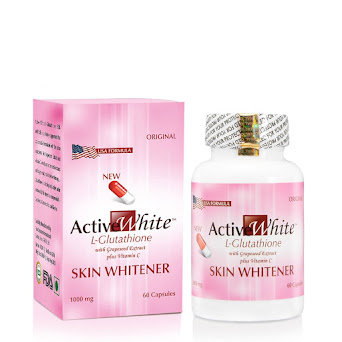


Comments
Post a Comment